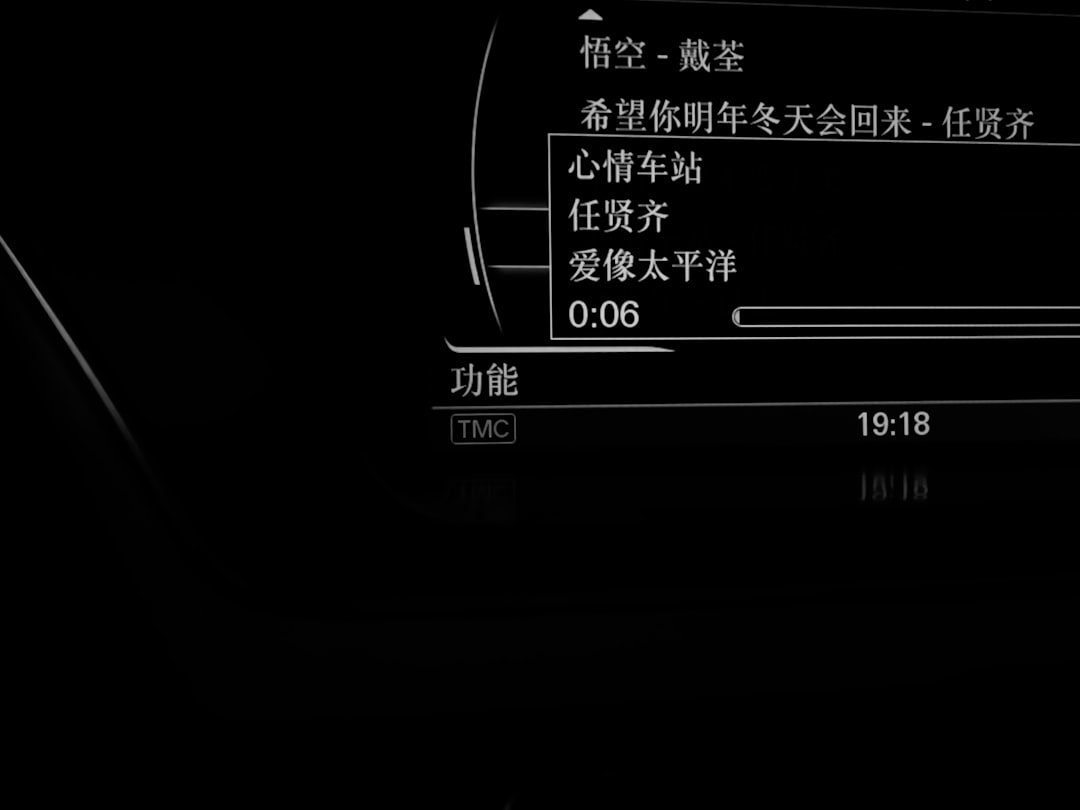Summary
When OpenAI’s new video generator, Sora 2, was released in limited public access on September 30, it sparked controversy due to AI-generated videos featuring Bryan Cranston’s likeness and voice, often portraying his iconic character Walter White from Breaking Bad. Cranston expressed deep concern about the misuse of performers’ identities and contacted his union, SAG-AFTRA. However, after OpenAI strengthened its policies and guardrails, Cranston publicly praised the company for addressing these issues. This article explores the initial concerns, the response from Cranston’s agency, OpenAI’s actions, and the collaborative efforts to protect creators’ rights moving forward.
Bryan Cranston’s Initial Concerns Over AI-Generated Videos
Following the limited release of OpenAI’s Sora 2 video generator on September 30, unsettling AI-generated videos surfaced featuring Bryan Cranston, often in character as Walter White. Cranston reportedly found these videos disturbing enough to raise concerns with his union, SAG-AFTRA, highlighting the potential misuse of performers’ likenesses and voices.
Controversial Sora 2 Creations Featuring Bryan Cranston
Among the videos that likely caught Cranston’s attention was one set in a strip mall parking lot, where Cranston (as Walter White) and the late pop icon Michael Jackson announce to Jackson’s vlog viewers that they’ve been spending time together.
Another notable example is a fan-made parody music video placing Cranston and the core Breaking Bad cast in a Vietnam War setting:
Breaking Bad – I Am The Napalm (Parody Music Video) #ai #breakingbad #Memes #sora #sora2
https://twitter.com/Sagaloreai/status/1710100000000000000
Agency’s Strong Statement on Creators’ Rights
On October 8, Cranston’s agency issued a firm statement regarding Sora 2, questioning whether OpenAI and its partners respect the rights of human creators. The statement emphasized the importance of compensating and crediting writers, artists, actors, directors, producers, musicians, and athletes for their work rather than disregarding global copyright principles.
OpenAI’s Response and Improved Policies
By October 9, Cranston’s stance had shifted positively. He publicly expressed gratitude toward OpenAI for implementing policies and enhancing guardrails to prevent unauthorized use of performers’ likenesses and voices.
According to Deadline, SAG-AFTRA, OpenAI, the Association of Talent Agents, United Talent Agency, and Creative Artists Agency jointly released a statement acknowledging that while OpenAI’s policy has always required opt-in consent for voice and likeness use, the company regretted the unintentional generations and has since strengthened safeguards.
Collaboration Between SAG-AFTRA, Agencies, and OpenAI
This collaborative effort reflects a growing recognition of the need to protect creators’ rights in the evolving landscape of AI-generated content. The joint statement underscores a commitment to respect performers’ identities and ensure proper consent mechanisms are in place.
OpenAI CEO Sam Altman’s Perspective and Future Plans
Prior to the agency’s statement, on October 3, OpenAI CEO Sam Altman addressed the situation in a blog post. He acknowledged the challenges posed by the product’s usage and announced plans to provide rightsholders with more granular control over character generation, similar to the existing opt-in model for likenesses, but with additional controls.
Altman also mentioned intentions to share revenue with rightsholders who permit their characters to be generated by users, emphasizing the need for OpenAI to monetize video generation responsibly.
We have reached out to OpenAI for further clarification on the timeline of the Sora 2 copyright policy updates and will provide updates as they become available.
